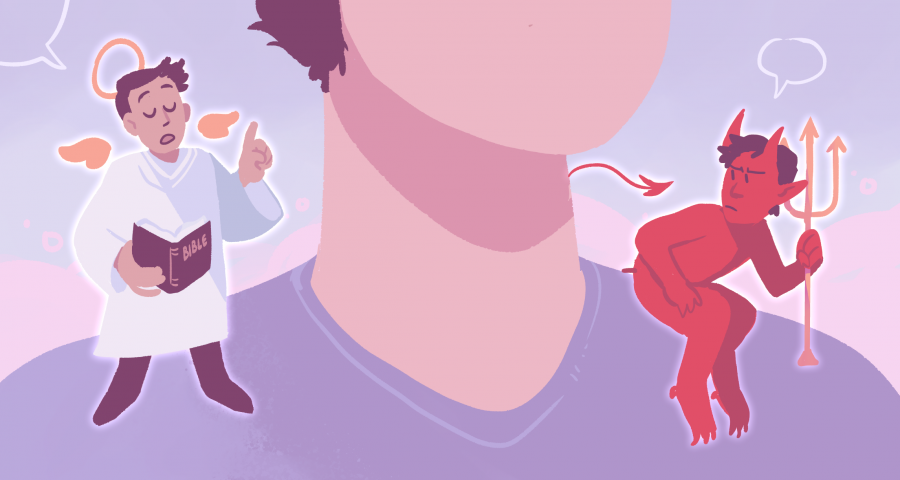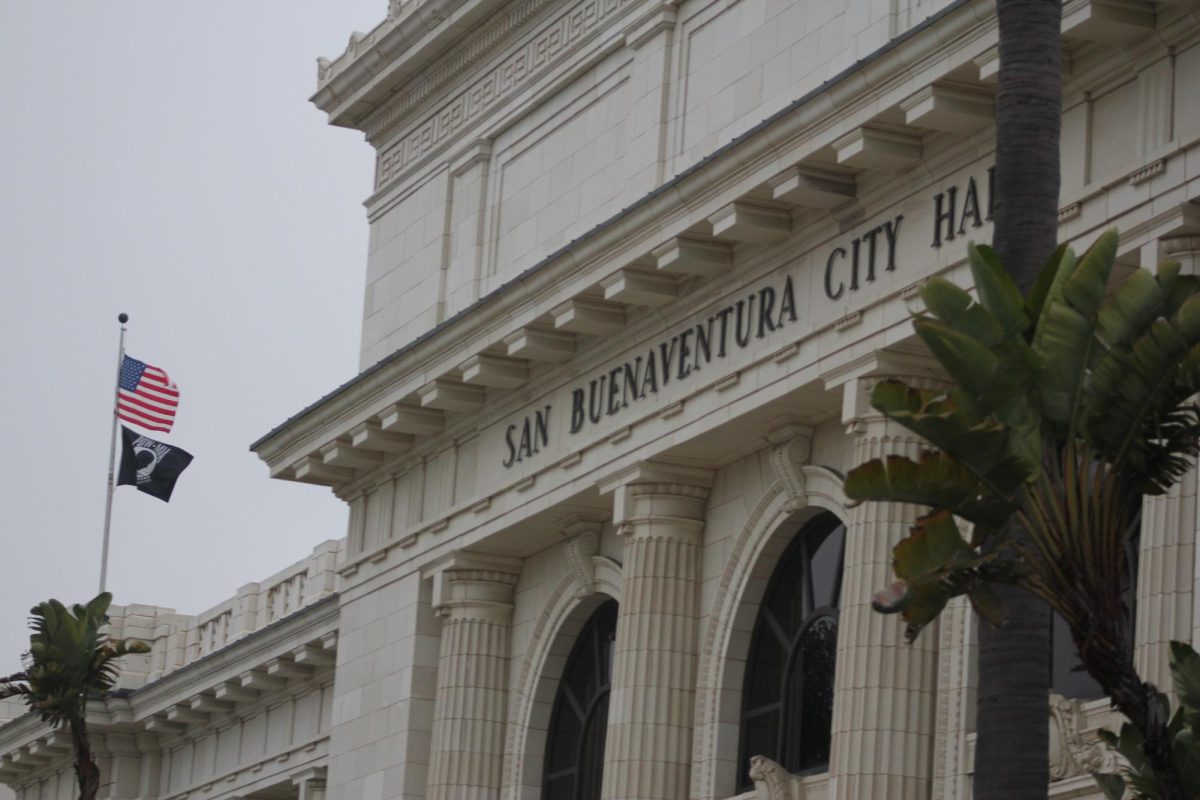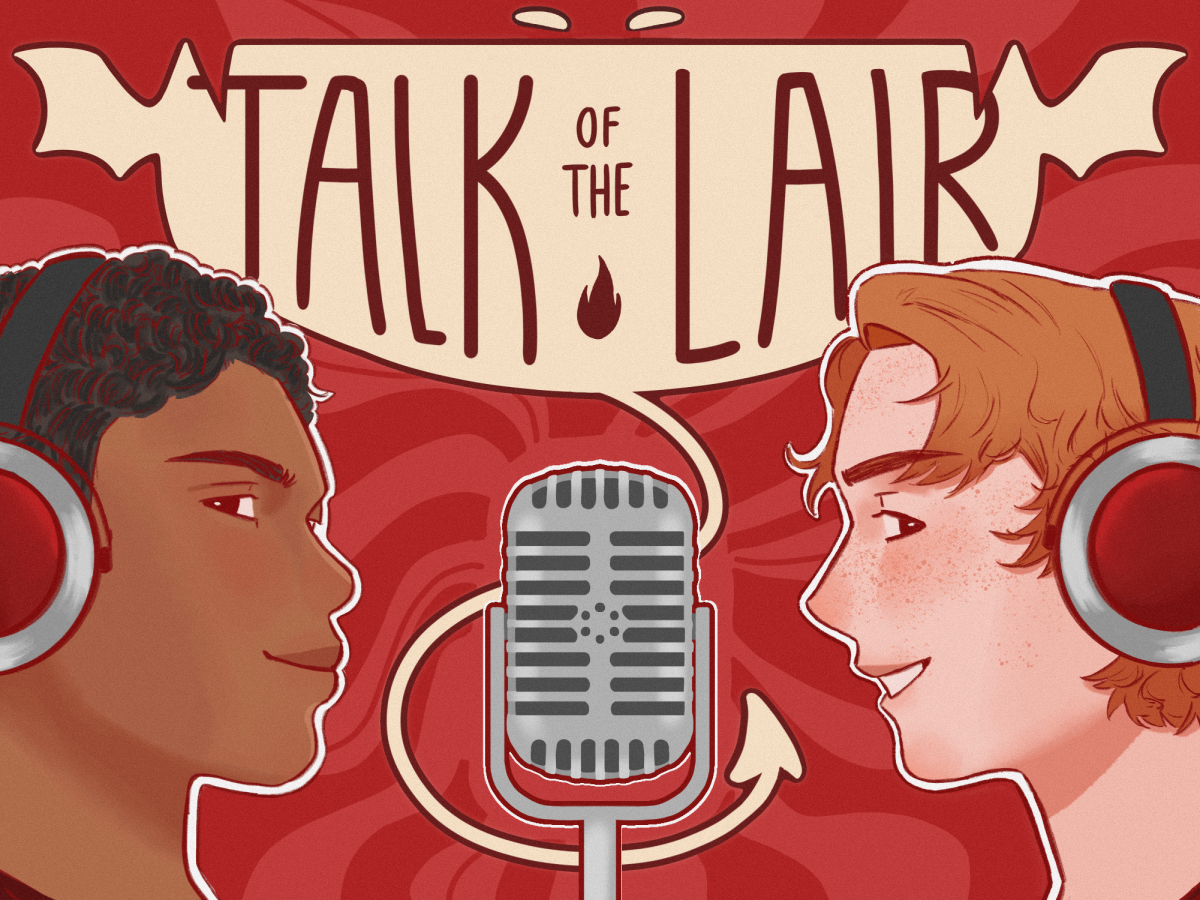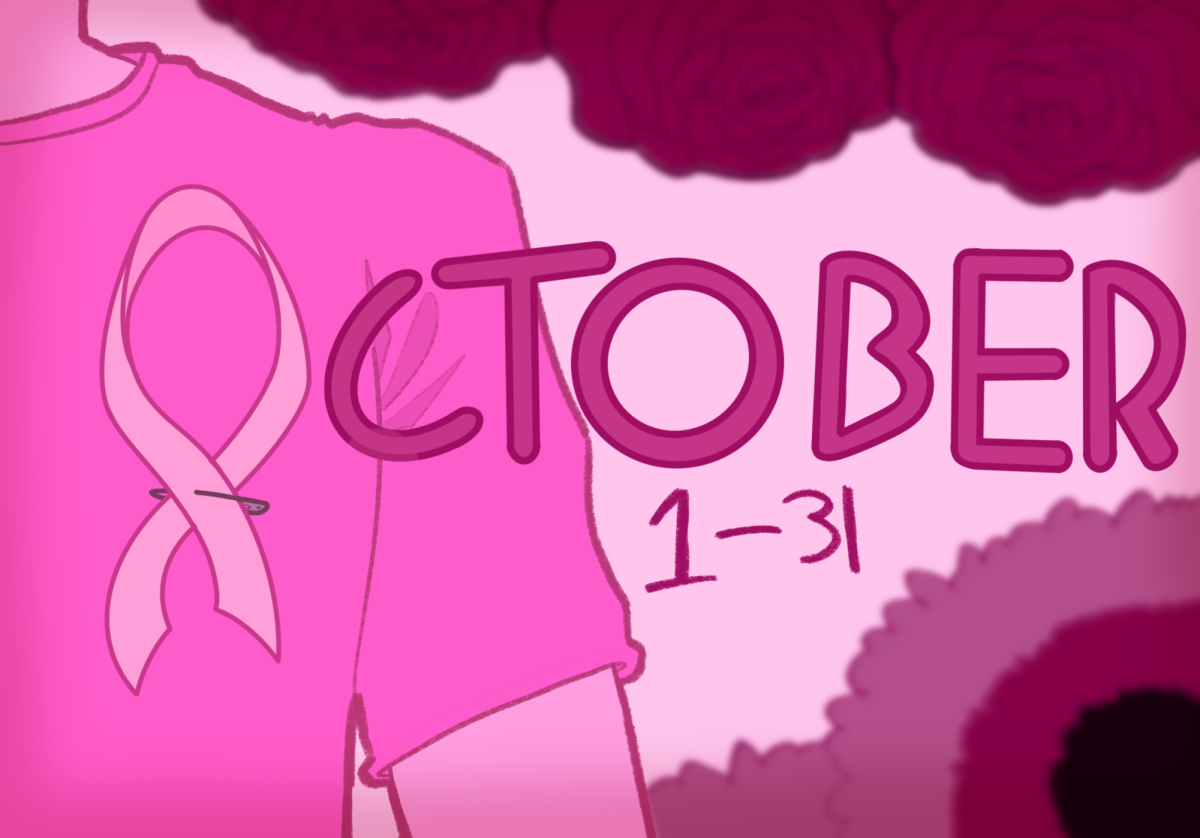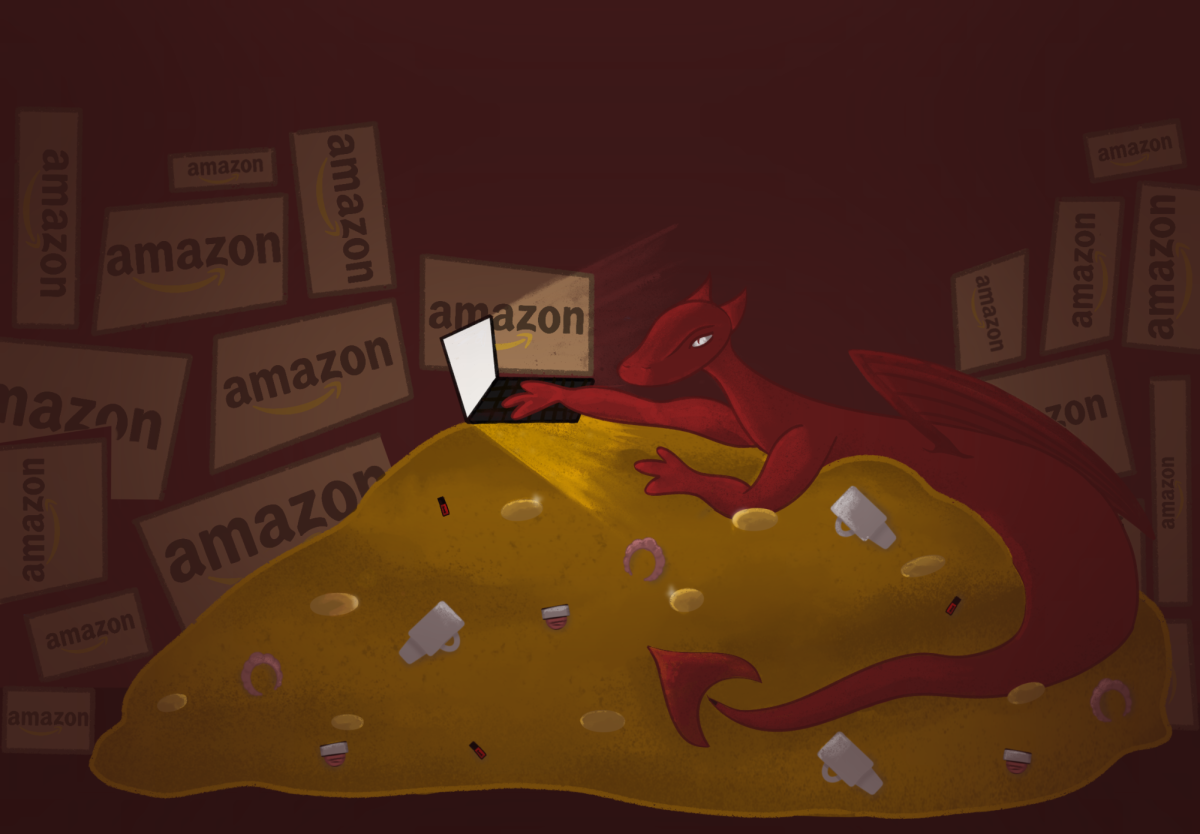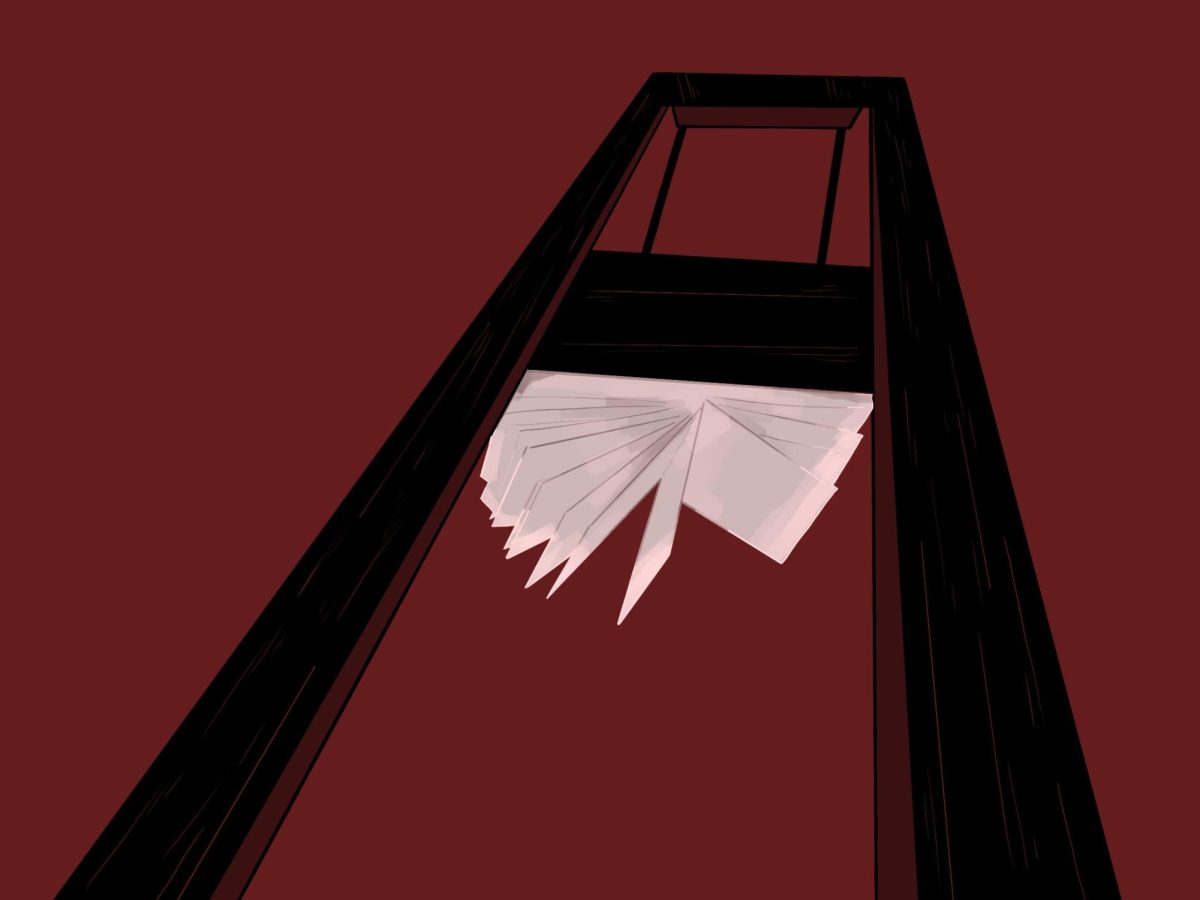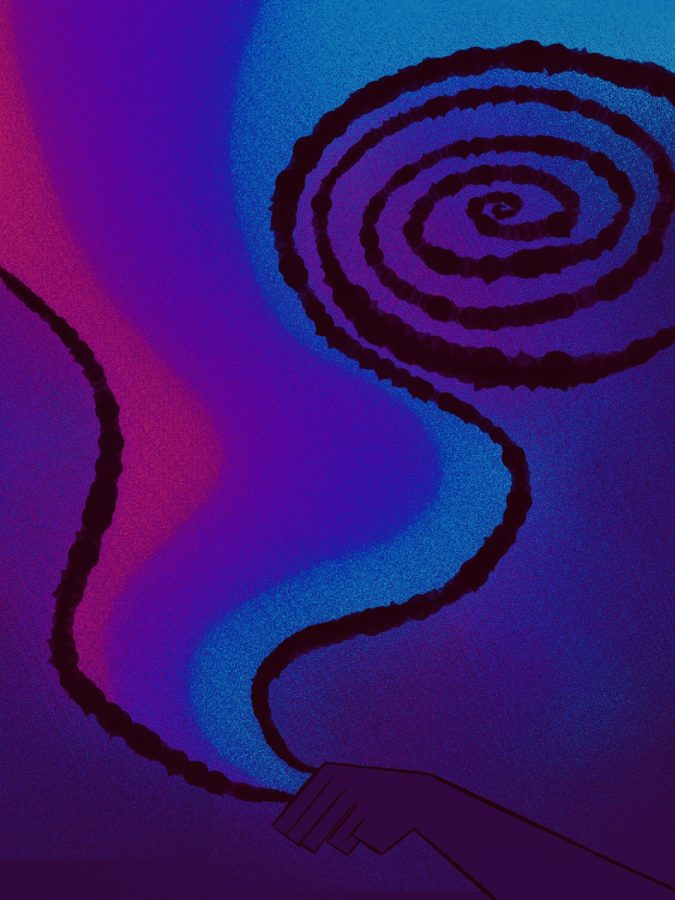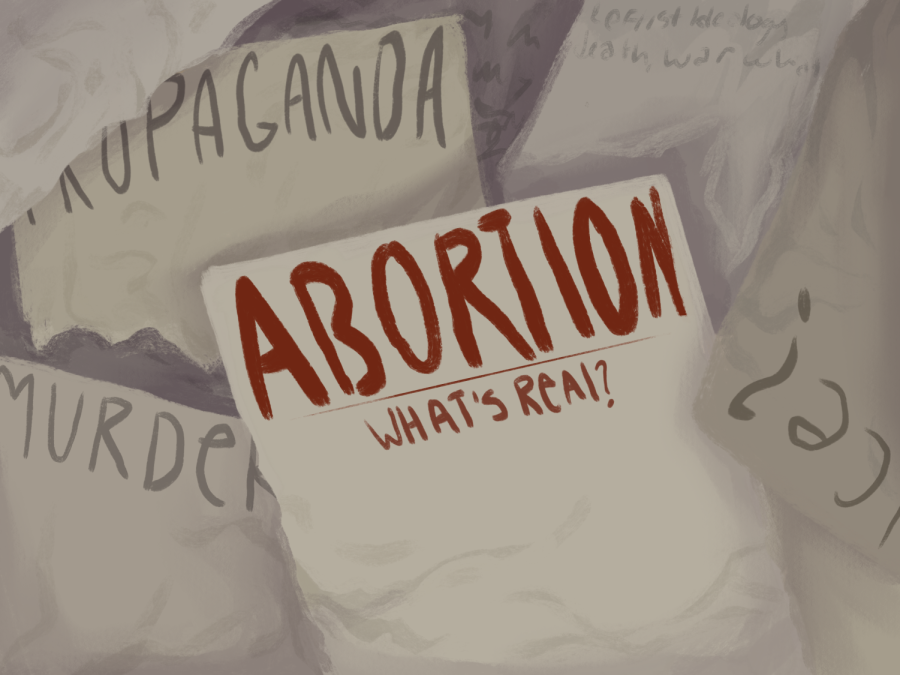Is it possible to have a moral society without the notion of an all-powerful God?
This is the existential question which has been grappled with by the likes of Friedrich Nietzsche, Carl Jung, Fyodor Dostoevsky and Leo Tolstoy.
Many people rationalize with the idea of a divine Creator by claiming that an orderly society is unfeasible without one. Other people approach morality by concluding that there is a line between good and evil running down the individual’s heart which exists independent of the religions that co-opted them. On a societal level, this is the balance between order and chaos.
I would argue that if religion were to breathe its final breath, the fundamentally religious values which have been nested in the human spirit would continue to exist.
Religious thought reckons with the idea of a higher purpose— the idea that human beings aren’t just random assemblages of atoms.
However, most religious structures also essentially preach that good-hearted people who don’t share the same faith as them will be damned to eternal torment with no hope for reprieve.
By my reckoning, this is immoral in itself.
If this is the price we must pay for harmony, then the ways of the universe are skewed towards injustice.
I don’t want eternal agony for afflicted souls. I don’t want human suffering to be avenged by a prison, nor even a paradise. How can humanity be moral on those terms?
The Bible says that unbelievers of Christian doctrine will be thrown in a “blazing fireplace, where there will be weeping and gnashing of teeth” (Matthew 13:50).
Compassion is the basis of morality. This seems to me like the opposite of compassion.
But coinciding with this is a dilemma.
If the non-existence of a higher power was a verifiable fact of life, who’s to say the world of humanity wouldn’t collapse into chaos? If there is no God, everything must be permitted.
Such as this is, religion has its place as a necessity for virtue, but there must be a counterbalance to it.
Religious substructures are essential to the maintenance of societal order, to the humbling of humanity and to the impediment of the ensuing chaos. However, the philosophy of mankind must instead be this: The highest ideal a person holds, whether consciously or unconsciously, is their God.
If you allow your soul to be tormented by rage, then you serve the god of war. If you perpetuate suffering in the world, you serve the god of apathy. If you are deceitful, you serve the god of chaos.
Rather, if you seek to ameliorate unnecessary suffering, you serve Love.
It is said that God is unequivocal, that only through Him there can be love.
But regardless of whether you believe in the existence of a divine power, love is God. Ministers throughout the ages have used some version of “believe this or you’ll go to hell.” Such as this is, mankind lives in a radically confused state of being. But the universal truth of the matter is this: learn to love or you will exist in hell on earth.
The developmental pathway which leads to immoral acts starts with resentment and embitterment.
We know this because we’ve seen it throughout history. The evil which resides in the wicked also ensues a reflection of my humanity and yours. We all partake of the same human essence. We are all capable of the same evil. There is a demon hidden away in every one of us, and it is only kept at bay when we have a full knowledge of evil and a full knowledge of our own propensity for evil. The world is full of suffering, but it is only by the perpetuation of that suffering that we sin most gravely.
To quote from Fyodor Dostoevsky’s Alyosha Karamazov, “I think if the devil doesn’t exist, then man has created him. He has created him in his own image and likeness. Just as man created God, then.”


